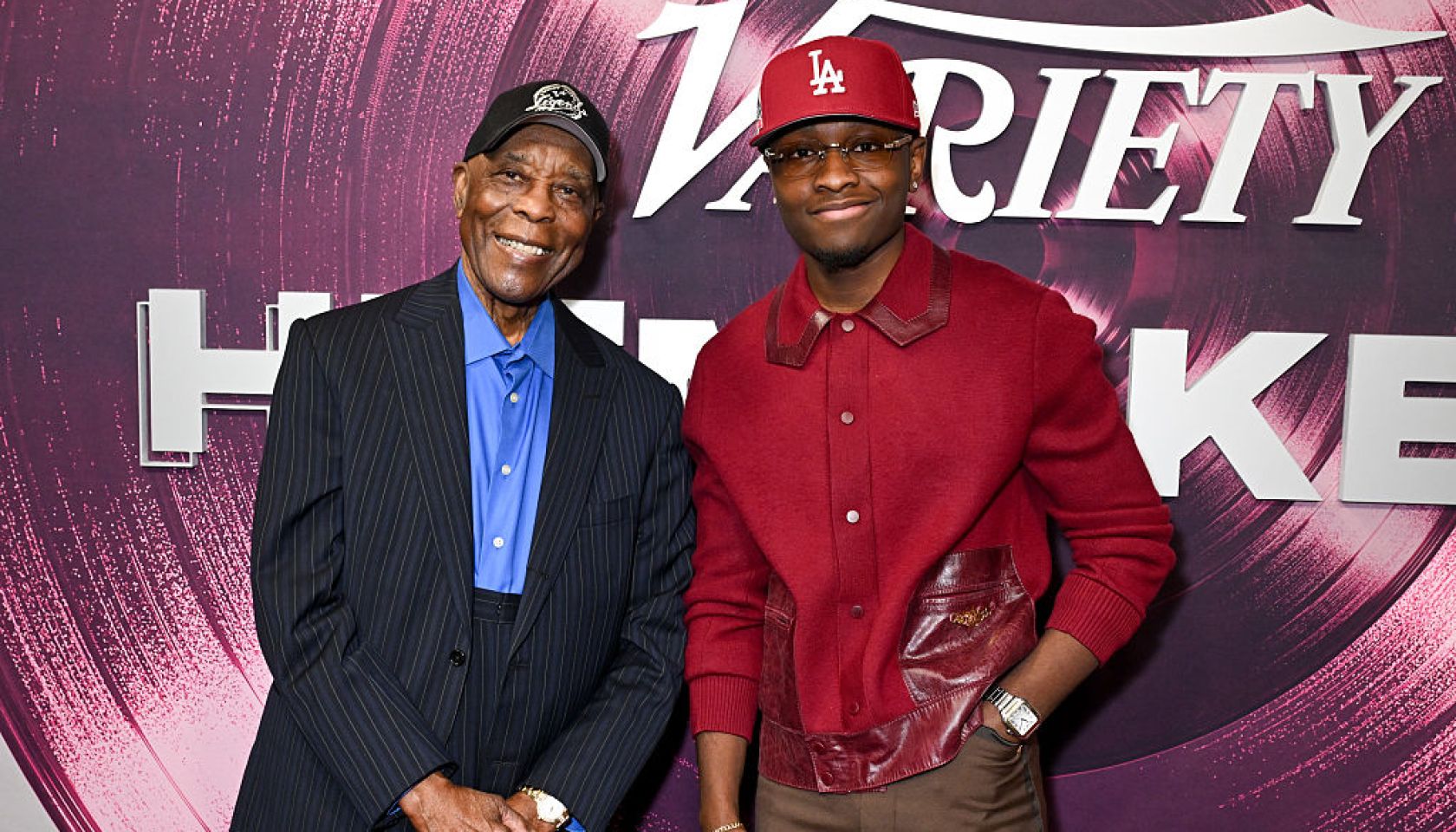EXCLUSIVE: Germany’s second biggest broadcasting network ARD has said it pulled Palestinian director Annemarie Jacir’s 2017 feature Wajib from its schedule this weekend due to concerns over its “narrative perspective” amid the ongoing Israeli-Hamas conflict.
ARD– which is a joint channel involving 10 German regional public broadcasters – has been accused of censorship by the filmmakers.
“In the context of the drastic social and (global) political events, we checked, as per our standard procedure, as to whether our planned program offerings were in line with the current situation,” ARD said in a statement sent to Deadline.
“We had already included the film Wajib you mentioned in our programming a few months ago. However, given the recent events in the Middle East, we currently believe it is not correctly placed in the program as it could be misunderstood due to its narrative perspective.”
Quizzed by Deadline on what aspects of the film’s “narrative perspective” it considered to be problematic or open to misunderstanding, the network sent a second statement.
“Presenting different perspectives is of utmost importance to us, also with regard to the Middle East conflict. Our news, magazine and special programs are particularly suitable for this. Our documentary offerings also reflect the different perspectives of the debate. Next Monday, for example, we decided to show the documentary Torn Society? Germany and the Middle East War on the current social debate surrounding the Middle East conflict. The film Wajib will be broadcast at a later date.”
Jacir’s Nazareth-set comedy-drama Wajib stars Mohammad Bakri, one of Palestine’s best-known actors, as a retired teacher who is reunited with his estranged son (played by real-life son Saleh Bakri), when he returns from his adopted home of Italy for his sister’s wedding.
Together the father and son embark on the ritual of hand delivering invitations to friends and family, squabbling over political and deeper personal issues and then coming together along the way.
The work captures the reality of Palestinians living within Israeli borders, and touches on the tensions and different political perspectives within this community as it coexists alongside Israelis. The focus of the story is the personal relationship between the father and the son.
Wajib had been due to air on ARD’s flagship channel on November 19, in a slot programmed months ago as part of a double bill on the theme of fathers and sons alongside Danish director Anders Østergaard’s hybrid work Winter Journey.
The decision to pull the film comes close to six weeks after the deadly Hamas terror attacks on Southern Israel, which killed 1,200 people and resulted in more than 240 people being taken hostage and taken to the Gaza Strip.
Since then, Israel’s retaliatory military campaign on Gaza, aimed at wiping out Hamas and getting the hostages back, has killed more than 11,500 people, according to figures from the Hamas-run health authority, and displaced 70% of the 2.3 million population. The reverberations of the conflict are being felt worldwide.
“It is puzzling that ARD went on with the broadcast of Winter Journey and not Wajib, for me that’s a form of censorship,” the film’s German producer Titus Kreyenberg told Deadline on Thursday.
Wajib world premiered in Competition at the Locarno Film Festival in 2017, where it won four prizes including the Special Prize, and then clinched another 36 international awards, including Best Film in Mar Del Plata, Dubai, Amiens, DC Film Festival, Kerala and the jury mention at the London BFI Festival.
Jacir told Deadline on Thursday that she was “utterly appalled” by ARD’s decision to pull the film.
“A film about a father and son delivering wedding invitations. At this dark moment in history, it is shameful that ARD would choose to suppress artists voices instead of offering a space where we can share our stories, our culture and our dreams,” she said.
Jacir, who is one of Palestine’s most celebrated contemporary directors and a popular figure on the international film festival circuit, has previously enjoyed strong support from Germany for her work.
Wajib was co-produced by Kreyenberg’s Hamburg-based Kinkerfilm with the support of ARD regional broadcaster member NDR. Her second feature When I Saw You won the Netpac award at the Berlin Film Festival in 2013, while upcoming production The Oblivion Theory won the top prize at the Berlinale Co-Production Market in 2021.
Wajib was lead produced by Ossama Bawardi at Philistine Films, a joint company with Jacir.







:max_bytes(150000):strip_icc():focal(999x0:1001x2)/nsync-trolls-111523-1-f0a3fe3abb4448fbae16044b7c96debc.jpg)